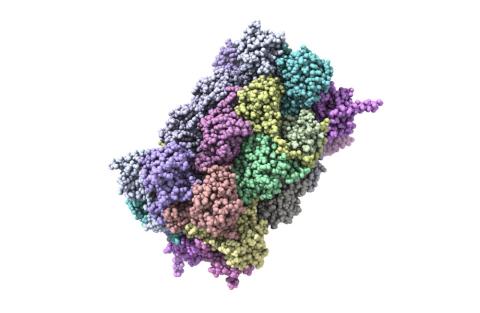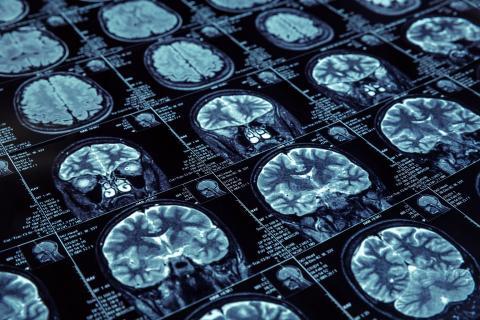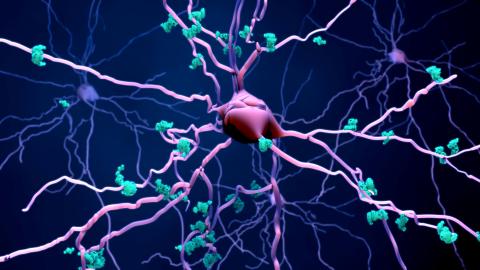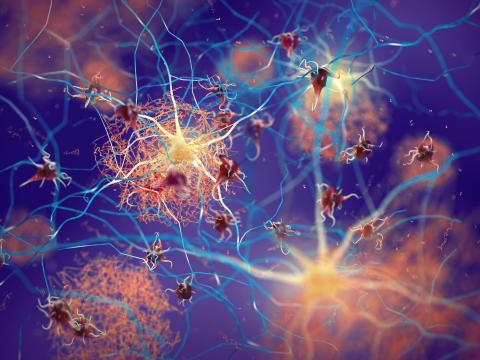Ace Alzheimer Center Barcelona
If you are the contact person for this centre and you wish to make any changes, please contact us.
Neurologist and medical director of Ace Alzheimer Center Barcelona.
Director of Clinical Trials at Ace Alzheimer Center Barcelona

Alzheimer's disease, the most common form of dementia, is linked to the presence of tau protein deposits and amyloid plaques in the brain. Now, a team at Johns Hopkins University (USA) has identified more than 200 misfolded proteins in rat brains that are associated with age-related cognitive decline. Although the study does not allow us to know whether they play a causal role, the authors claim that amyloid plaques ‘are just the tip of the iceberg.’ The results are published in the journal Science Advances.

The DIAN-TU platform is an initiative to test Alzheimer's disease treatments early, by recruiting people with a mutation that leads to developing the disease in the future. One of the trials with the anti-amyloid drug gantenerumab ended without reaching the targets. However, a continuation of the study in 73 patients suggests - for the first time, according to the authors - that long-term, high-dose treatment given some time before symptoms develop could delay the onset of the disease. The results are published in the journal The Lancet Neurology.

A study by Italian researchers has tested a treatment administered as a nasal spray to slow down early-stage Alzheimer's disease. Administered in mice, the treatment inhibits an enzyme linked to the disease and to insulin resistance. According to the researchers, who publish the work in the journal PNAS, application of the spray to the animals “can counteract the accumulation of harmful proteins in neurons and delay the onset and progression of cognitive decline”.

Less than four months after the European Medicines Agency recommended in July not to grant marketing authorisation for Leqembi™ (lecanemab) for the treatment of Alzheimer's disease, the EMA's Committee for Medicinal Products for Human Use (CHMP) has reassessed the available evidence to conclude that the benefits outweigh the risks.

The European Medicines Agency (EMA) has recommended not granting marketing authorization for Leqembi™ (lecanemab) for the treatment of Alzheimer's disease. The EMA's Committee for Medicinal Products for Human Use (CHMP) considers that its effect in delaying cognitive decline does not outweigh the risk of serious side effects associated with the drug, in particular swelling and possible bleeding in patients' brains. Leqembi™ was approved in 2023 in the United States.

Genetic forms of Alzheimer's are considered to be those in which certain variants of a gene inevitably lead to the disease over time. Until now, only rare alterations in three genes were considered as such. A group of researchers led by the Hospital de Sant Pau in Barcelona has proposed a new, much more frequent form. After analysing data from more than three thousand donated brains and clinical data from more than ten thousand patients, they found that almost all people who carry two copies of the ApoE4 variant in the ApoE gene, which was previously only considered a risk factor, also end up developing the disease.They publish the results in the journal Nature Medicine.

Research led by scientists at Harvard Medical School (USA) has isolated small aggregates of amyloid from the brains of post-mortem Alzheimer's patients. The achievement has made it possible to study the structure of these "clumps", which exist outside plaques and are considered highly toxic, and to test their effect on synapses. In addition, the authors have shown that the drug lecanemab, recently approved by the FDA, is able to bind to them and help neutralise their action. The results are published in the journal Neuron.